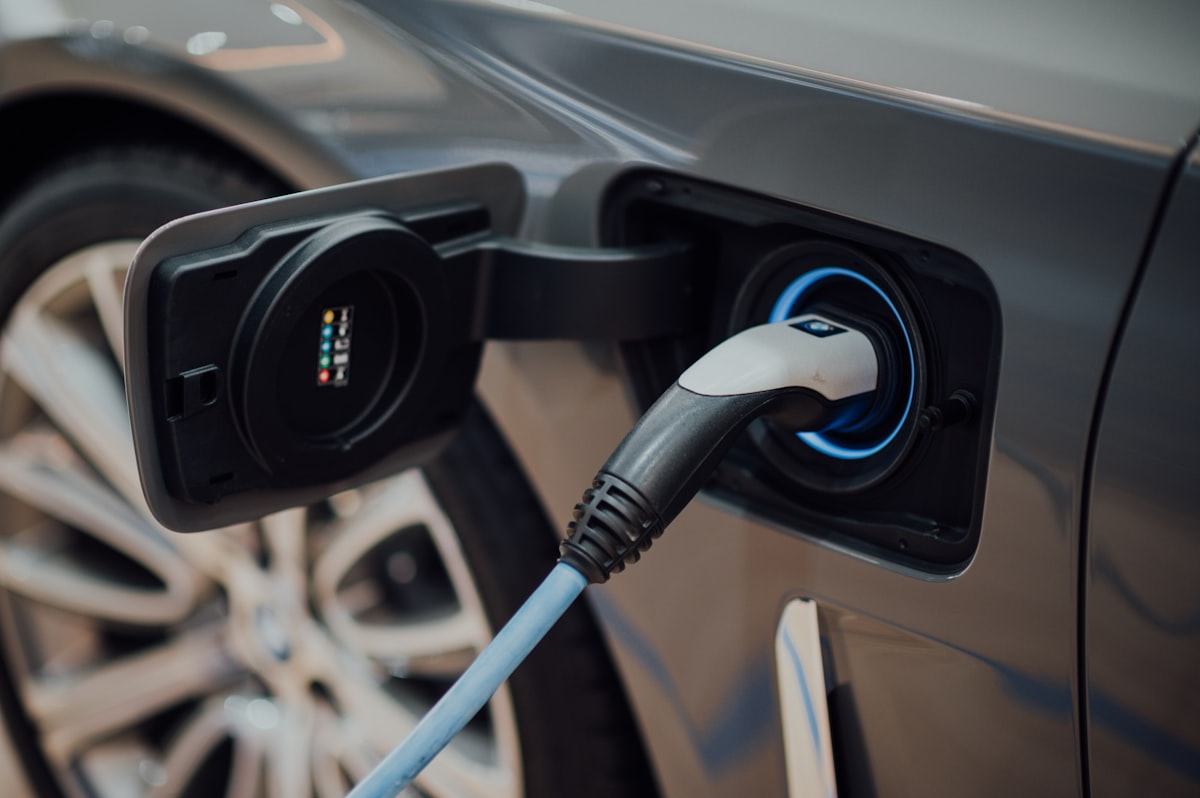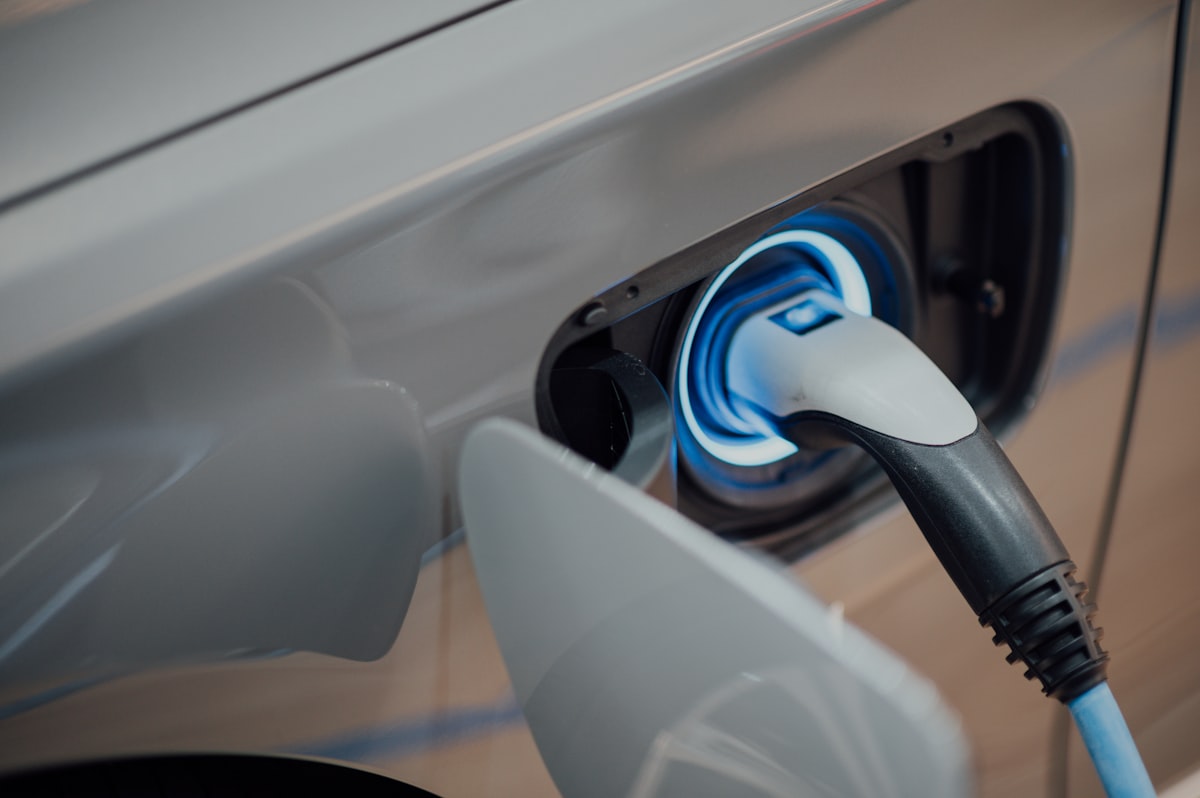How to Choose Between Wired and Wireless EV Chargers
Wired versus wireless EV charging has become a real decision now that wireless options are actually hitting the market. I’ve spent way too many hours researching both technologies, partly because I was genuinely curious and partly because I wanted to future-proof my garage setup. Here’s what I learned.
The Basic Difference Nobody Explains Clearly
Wired chargers work like every other charger you’ve ever used. Plug goes into car, electricity flows, battery fills up. Simple.
Wireless chargers use induction — basically the same technology as those phone charging pads, but scaled up massively. You park over a pad embedded in the ground, and electricity transfers to a receiver on the bottom of your car through magnetic fields. No cables, no plugging in.

That’s what makes wireless charging endearing to us lazy humans — park and walk away. But the technology has some real tradeoffs.
Installation: Wired Is Simpler
Wired charger installation involves mounting a box on your wall and running electrical to it. An electrician can usually do it in a few hours. The hard part is panel capacity, not the charger itself.
Wireless installation gets more complicated. You’re embedding a charging pad in concrete or under your garage floor. The pad needs to align precisely with your car’s receiver, which might require calibration. You’ll probably need specialized technicians rather than a regular electrician.
Speed: Wired Wins, For Now
Wired chargers can deliver serious power. Home units typically run 7-22 kW, and some commercial installations push 350 kW. My Level 2 wired charger adds about 30 miles of range per hour.
Current wireless systems max out around 3-11 kW. That’s enough for overnight charging but noticeably slower than a good wired setup. If you need quick top-ups during the day, wireless isn’t there yet.
This will change as the technology matures, but right now, wired is just faster.
Convenience: Wireless Finally Makes Sense
Plugging in a charger takes maybe 10 seconds. Not a big deal. Except in winter when the cable is frozen and your fingers are numb. Or when it’s pouring rain. Or when you’re carrying groceries and a toddler.
Wireless eliminates that entirely. Park, done. The convenience is real, especially for people with mobility issues or anyone who just doesn’t want one more thing to do.
Cost: Prepare Your Wallet for Wireless
A decent wired Level 2 charger costs $500-$1,500 for the unit. Installation runs $500-$2,000 depending on your electrical situation. Total: maybe $1,000-$3,500.
Wireless systems cost more — significantly more. The technology is newer, production volumes are lower, and installation is more complex. You’re looking at $5,000+ in many cases. That gap will shrink over time but hasn’t yet.
Efficiency: Physics Favors Cables
Wired charging is around 92-95% efficient. Most of the electricity you pay for actually ends up in your battery.
Wireless currently runs 80-90% efficient. That 5-15% difference means higher electricity bills over time. On a $50/month charging budget, you might pay an extra $5-8 monthly. Not devastating, but it adds up over years.
Wireless efficiency is improving with each generation, but the laws of physics mean cables will probably always have an edge.

Safety Considerations
Wired chargers mean cables on the ground. Tripping hazards exist, and cables can get damaged if cars run over them. Quality chargers have automatic shutoff for electrical faults.
Wireless eliminates cable-related risks. No tripping, works fine when wet. The main concern is alignment — if the pad and receiver don’t line up correctly, charging is inefficient and heat buildup can occur. Most systems have alignment guides or won’t charge if misaligned.
Future-Proofing Your Choice
Wired charging infrastructure is everywhere and standardized. Your wired charger will work with basically any EV you buy for the next decade. Safe bet.
Wireless is newer and still evolving. Not all EVs support wireless charging, and receiver placement varies between manufacturers. You’re betting on the technology maturing and standardizing. Might pay off, might mean your fancy wireless pad doesn’t work with your next car.
When Each Makes Sense
- Pick wired if cost matters, you need fast charging, or you want proven technology
- Pick wired if you might switch EV brands in the future
- Consider wireless if you have mobility challenges or genuinely hate plugging in
- Consider wireless if budget isn’t the primary concern and you’re okay with slower speeds
- Wait on wireless if you can — the technology improves every year
Compatibility Reality Check
With wired, you need to match connector types (J1772, CCS, Tesla, etc.). Most Level 2 chargers use J1772, which works with nearly every EV sold in North America except Tesla (which includes an adapter anyway).
Wireless compatibility is model-specific. Your EV needs a receiver, and that receiver needs to work with your particular charging pad. Always verify with both the car manufacturer and pad manufacturer before buying.
My Actual Recommendation
I went wired. The math just made more sense for my situation — I park in the same spot every day, plugging in takes 10 seconds, and I saved a few thousand dollars. That said, I get the appeal of wireless and think it’ll become the default eventually.
If you’re buying today, wired is the practical choice. If you’re building a house and can install conduit for future wireless, maybe do that. The best charging setup is whichever one you’ll actually use consistently.
Recommended EV Accessories
NOCO GENIUS10 Smart Charger – $79.95
Advanced battery maintainer and charger.
EV Charging Station Guide
Navigate the EV charging landscape.
As an Amazon Associate, we earn from qualifying purchases.


